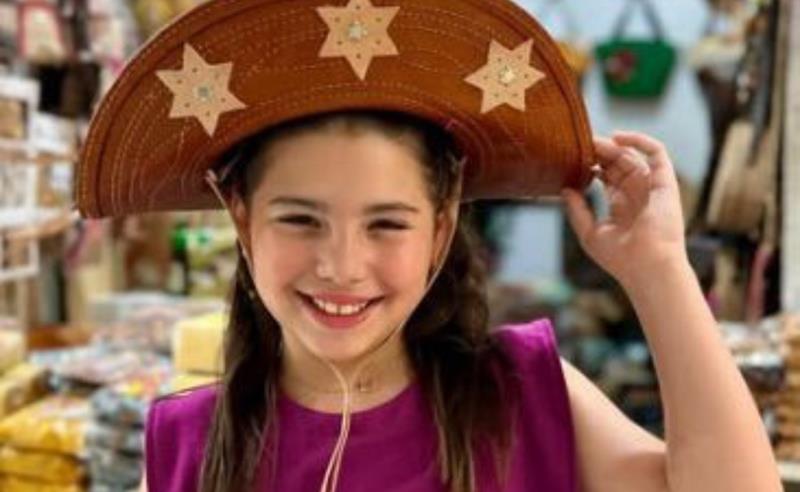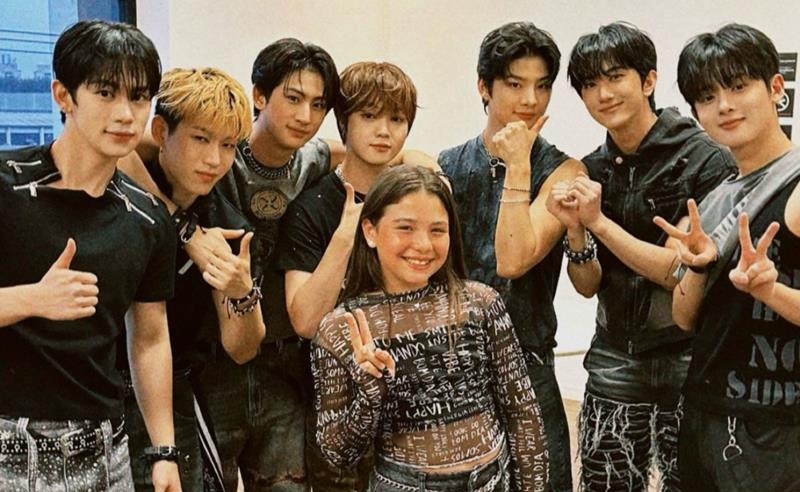In times of accelerated globalization, when local traditions are often lost in the face of the speed of modernity, a ten-year-old girl has been attracting attention for going in the opposite direction. Sophia Eldo, a singer and digital influencer, has become one of the youngest and most expressive voices in promoting Northeastern culture beyond Brazil’s borders, especially in the South Korean art scene.
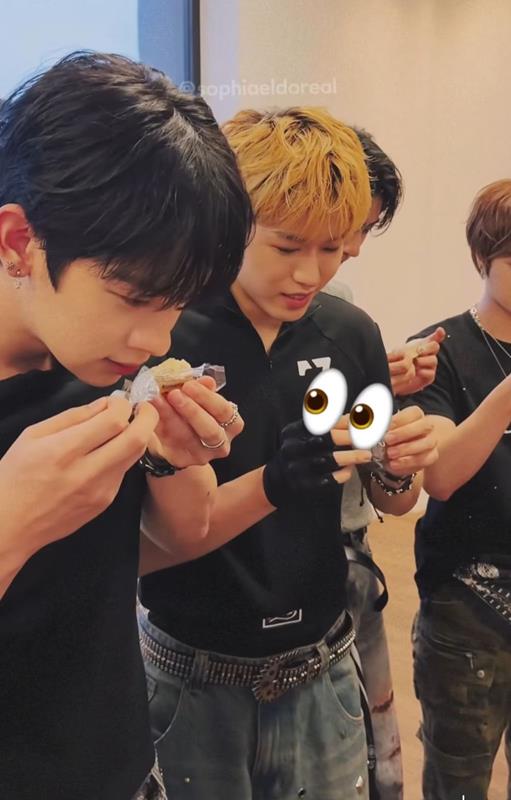
Northeastern Culture in Dialogue with K-Pop
Sophia’s interactions with South Korean groups go far beyond childish curiosity. During meetings with the group NTX, the artist performed the traditional “Ceará boo,” a gesture that quickly went viral on social media, mobilizing fans both in Brazil and Asia. On another occasion, alongside the band YOUNITE, she offered a symbolic feast of Northeastern cuisine—cashew nuts, coconut candy, paçoca, and the iconic Guaraná São Geraldo. The widely shared video revealed the musicians’ spontaneous reaction and, above all, the strength of Sophia’s cultural identity.
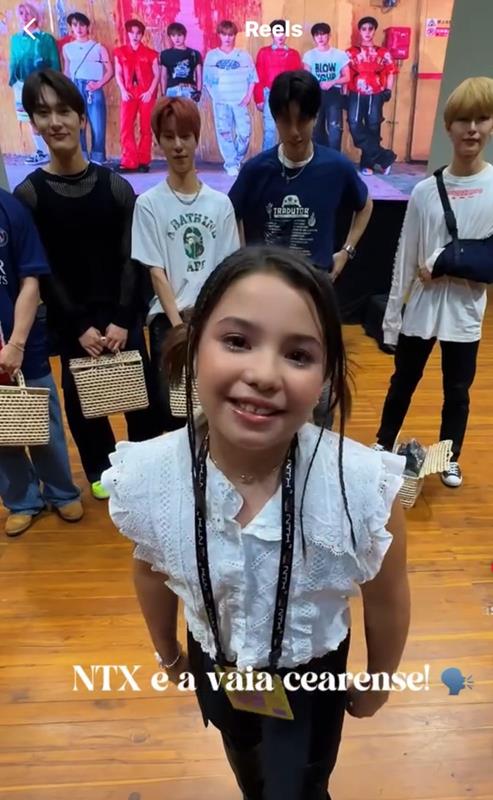
Symbols that Cross Borders
The gift of personalized t-shirts, featuring Ceará slang and the image of a cangaceiro hat, also to NTX, generated a stir when the members began wearing them in public in Seoul, with photos shared on their official profiles. Small gestures like these became symbols of an unexpected cultural exchange, increasing the visibility of Brazilian culture among international audiences.
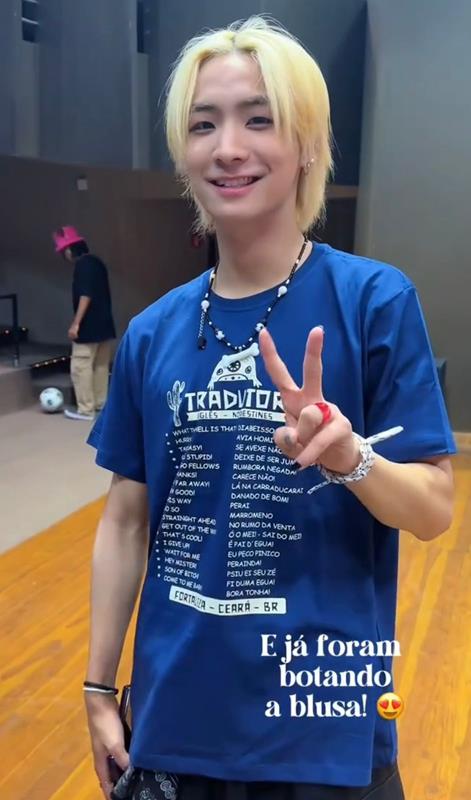
Informal Cultural Diplomacy
Meetings with renowned artists, such as Cha Eun Woo—a star of K-pop and Korean dramas—reinforce this symbolic dimension. By handing out traditional Ceará products, Sophia positions herself as a kind of informal ambassador, promoting Brazil in a warm and spontaneous way. These aren’t official diplomatic strategies, but rather authentic expressions that fulfill a similar role: bringing people together and sparking interest in local traditions.
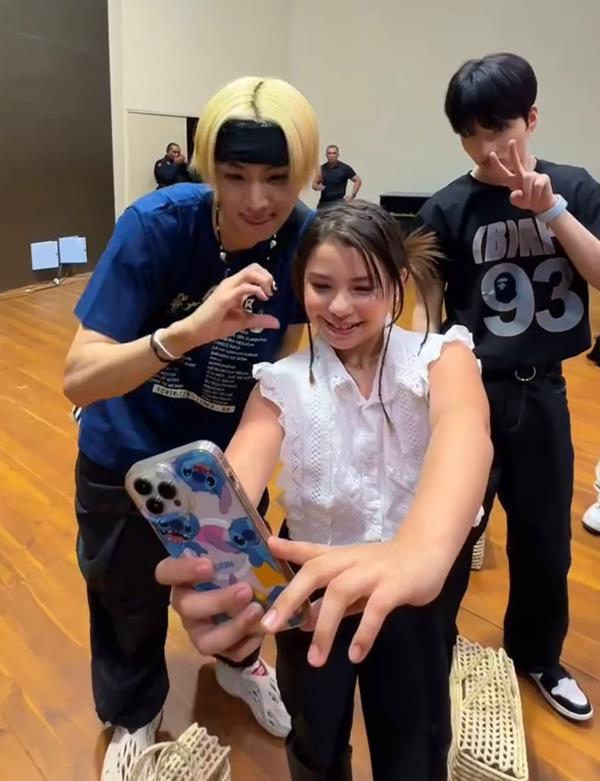
From Piseiro to Global Pop
Since the beginning of her career, Sophia has demonstrated a commitment to her homeland. Her musical debut came with Pisadinha, a children’s song that brought the piseiro rhythm to the world of children. The release demonstrated that regional music can also be part of the cultural development of new generations. Later, with I’m a Lucky Girl, recorded and promoted in South Korea, the young artist solidified her cultural exchange, combining global rhythms with Brazilian influences.
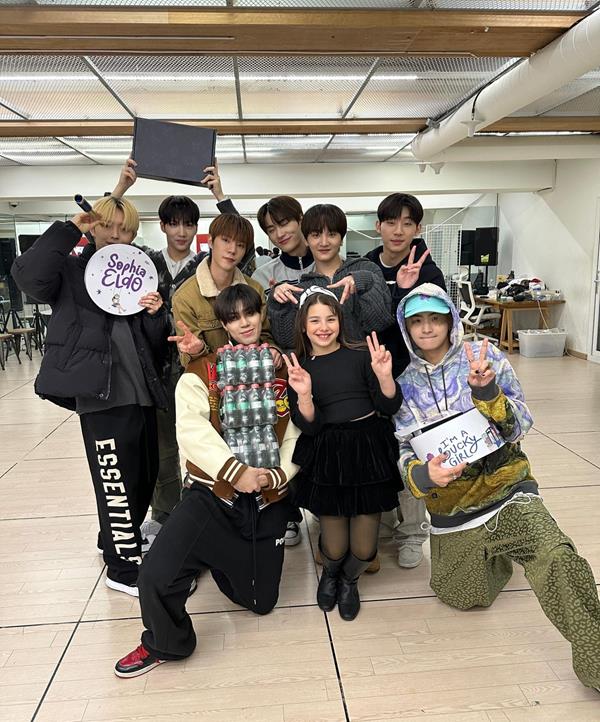
Identity and Cultural Awareness
The most remarkable aspect of Sophia’s career is perhaps not only the visibility she has gained, but also the awareness with which she values her origins. Whether teaching traditional expressions, dancing piseiro, or distributing regional souvenirs, she demonstrates an understanding that her Northeastern identity is not an obstacle, but a bridge.
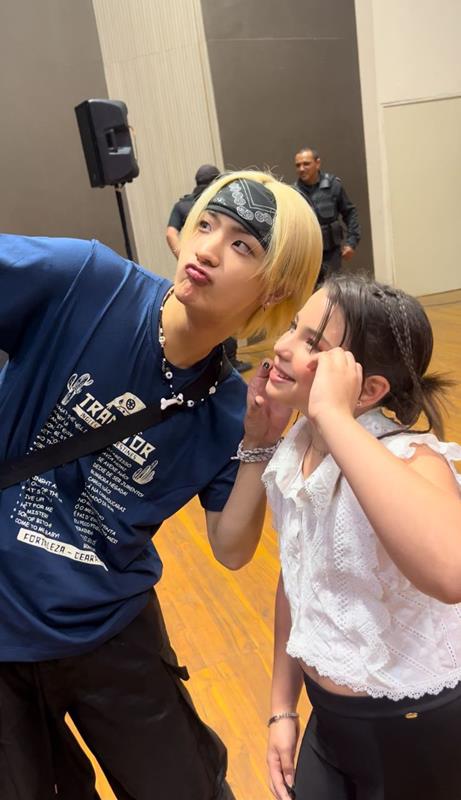
A Phenomenon of Cultural Reach
Recognized as a cultural phenomenon, Sophia Eldo has generated concrete repercussions: she has intensified interest in Northeastern culture, strengthened Brazil’s image abroad, and created bonds of affection between different audiences. At ten years old, the artist reveals that culture, when shared authentically, can cross borders and bring worlds closer together.
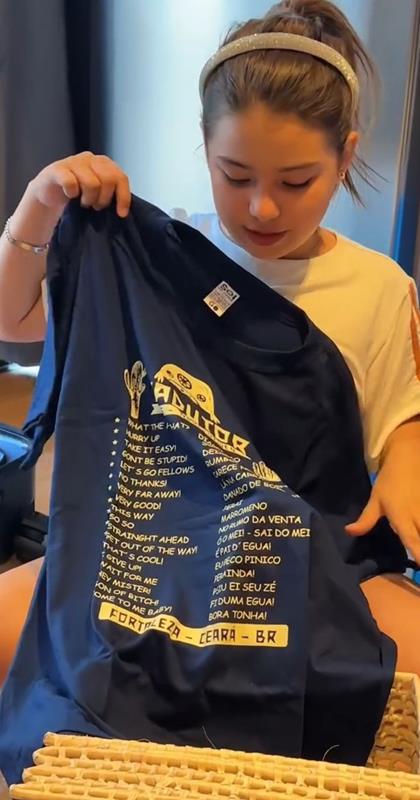
Born in Brazil, Luca Moreira holds a degree in journalism and a postgraduate degree in communication and marketing for digital media. He has distinguished himself through his impressive career as an interviewer. By November 2025, he had conducted over 2,000 interviews with personalities from 28 different nationalities. He is currently the CEO of the MCOM Global group and editor-in-chief of PopSize.


